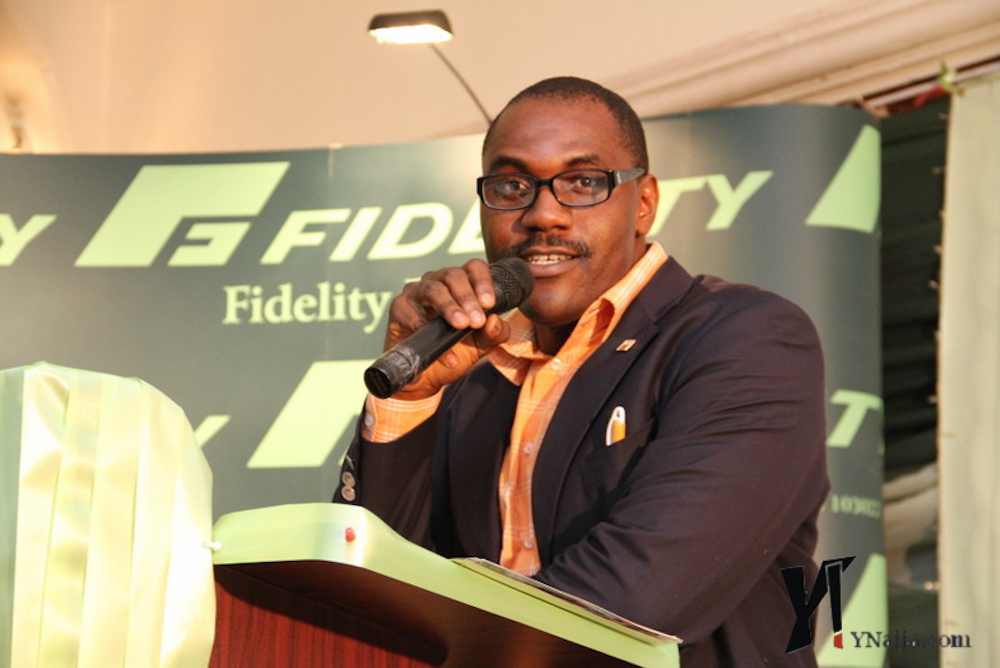In Igbo language, there is no word for politics. What you have is a phrase, a clause more like, even a sentence. The expression that approximates to the word politics is ndoro-ndoro ochi-chi. Broken down, ndoro-ndoro ochi-chi means STRUGGLE FOR POWER.
I don’t know what the terms or expressions are in other Nigerian languages but if they are anywhere close, is it any wonder then that in Nigeria, we do not run for office, we gun for it.
A gentleman friend of mine with a PhD from an American league university is running for elective office. He wants to become a member of the House of Representatives.
Sitting with him and discussing details of a planned fund raising campaign, our discussion soon veered to his opponent and the place of money and violence in Nigerian elections.
“We went for a meeting. I put down fifty thousand and he put down 200,000. I haven’t put up one billboard he has over 10. I am looking for money to buy a campaign vehicle, he gave out buses as dash to several people.”
Just then, my friend’s chronicle was truncated by a comment from the only lady amongst us: “I don’t know why you will leave America to run for election in Delta state, just don’t wind up dead.”
And with that short remark she spoke out something we had all thought of but decided to keep silent about. A man who outspends you at every point could resort to violence if he still sees you as a threat.
Violence and elections have always gone hand in hand in Nigeria and the 2015 election is looking like it’s going to go the same way and we have already seen two incidents in Ekiti state where a former chairman of the NURTW , Omolafe Aderiye, was shot dead in his office.
Four days earlier, a popular Lagos politician, Alhaji Azeez Asake, had been shot dead in Isale Eko on Lagos Island.
These deaths coming almost two full months before the flag of party primaries and the take-off of full electioneering campaigns is cause for grave concern.
Ayisha Osori writing in her “I Can’t lie” column of September 29, 2014 in Sabinews.com noted that the time for ensuring peaceful elections was now because as she put it “we seem to keep missing the tragic irony that the 2011 elections, hailed as one of the best managed since 1999 were also apparently the bloodiest elections we have ever had. The reports put the numbers conservatively between 800-1000 killed and at least 65,000 displaced. We can believe the 1,000 number which has names attached to every numerical value thanks to the painstaking investigation of the Sheik Lemu Committee. With our history, it is fair to wager that the actual number is higher.”
1,000 may seem such an insignificant number ín a country with 170 million people but it assumes monstrous proportions when you consider the fact that Boko Haram’s almost five year insurgency is estimated to have claimed 5,000 lives.
Lives aside, over 65,000 people were displaced during the 2011 elections thus piling pressure on government and emergency relief agencies.
In fact let us put a figure to it; on April 26, 2013 The Punch reported that President Goodluck Jonathan had approved “N5.7bn as compensation for victims of the 2011 post-presidential election violence that rocked some states of the federation. Special Adviser to the President on Media and Publicity, Dr. Reuben Abati, said this while addressing State House correspondents in Abuja. Abati however said victims from only nine out of the 14 states affected in the violence would benefit from the first phase of the gesture as inspection and assessment of damages and losses suffered had yet to be carried out in Borno, Yobe, Gombe, Kaduna and Nasarawa States.”
Taking the foregoing into consideration, one is constrained to ask a pertinent question; why are Nigerian elections attended by so much violence? Why is it that on election days movements are restricted and the polity militarized?
Many have pointed to a few reasons; inter-tribal and religious issues, trafficking in small and illegal arms, politicians who set up thugs and militias, as well as the delays in the justice system which make it difficult for aggrieved parties to get justice.
The Sheik Lemu Panel, set up in the wake of the 2011 elections to probe the causes of the violence that attended the elections, has recommended that a special tribunal be set up to try cases of electoral offences and violence. This, many believe, will help speed up the process. The panel also recommended the proscription of all groups set up by politicians for use as thugs during elections.
This is important because many still believe that Boko Haram was an offshoot of political thuggery and brigandage while the APC has alleged that the shooting of Asake on Lagos Island was carried out by the Abija group believed to be loyal to Musiliu Obanikoro of PDP. Fingers are also being pointed in the Ekiti shooting.
The Lemu panel also recommended that all existing laws on firearms should be reviewed to help limit their proliferation and smuggling across borders.
Most of these recommendations have been adopted by the federal government but what remains to be seen is the implementation because for any law to be effective it must be given legal teeth.
1,000 lives and N5.7bn may well be numbers but those are statistics we could very well do without. Time has come for politicians to start running for office and stop gunning for it because this is not football where we were told as kids; if you miss the ball, don’t miss the leg.
Toni Kan is editor-in-chief of Sabi News. He is also editorial board member of The Trent. He is an award winning author, journalist, and enterpreneur. He tweets from @tonikan11. Sabi News is on Twitter @sabinewsnaija.
The opinions expressed in this article are solely those of the author.







